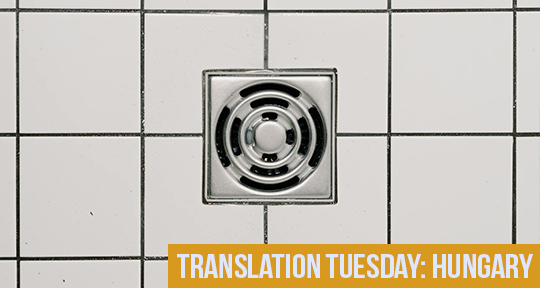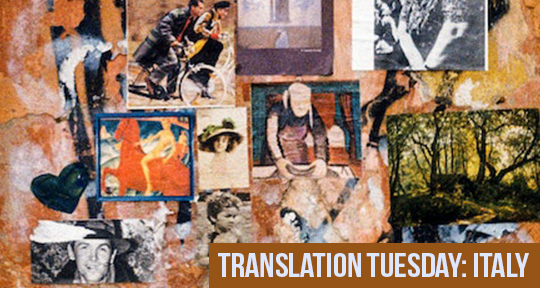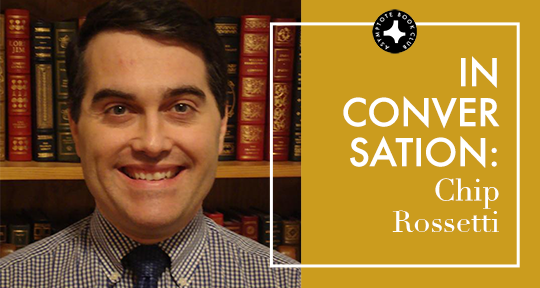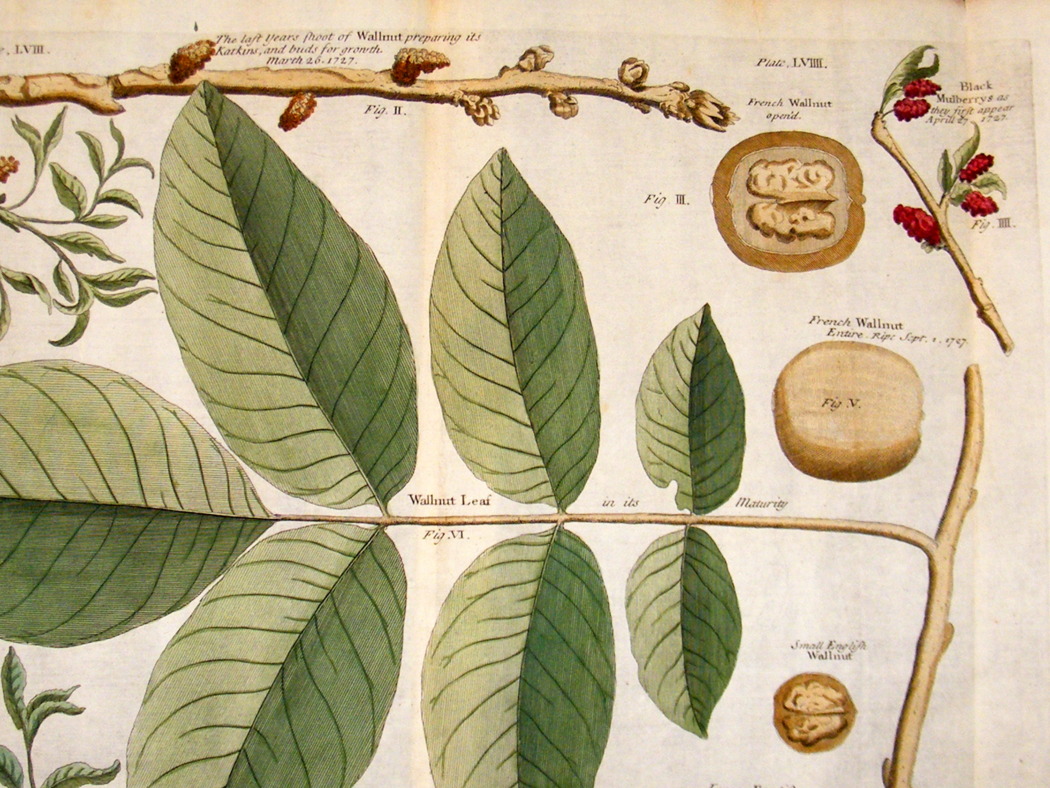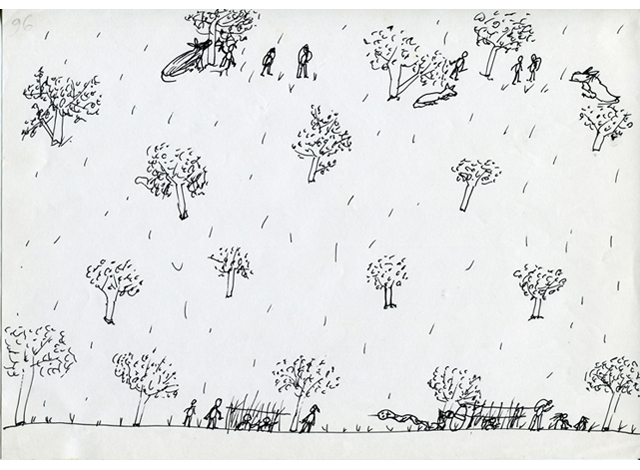For this Translation Tuesday, we’re thrilled to present two very short stories by Sudanese writers Fatimah El Senussi and Wedd Alwakeel Maarouf. Both stories use a minimum of words to depict meaningful moments. In “Expatriate”, a routine doctor’s visit becomes a lens through which conventional ideas of pathology are questioned. The story deftly explores the struggles of immigrants navigating healthcare systems where their unique challenges are often misunderstood or ignored. In “A Machiavellian Mind”, a bartender’s long-nursed inner ambitions clash with the reality of his mundane job; with sharp wit, the story playfully subverts alarmist narratives about Islamic fundamentalism and its perceived threat to Western civilization. Translated from Arabic by Essam M. Al-Jassim, both pieces shine with a pithy, humorous, and deeply emotive voice.
Expatriate
by Fatimah El Senussi
In a distant land, the cardiologist closely scrutinized the X-ray of my heart. In a low, disturbed tone, he said, “You have congenital heart defects.”
“They’re not heart defects,” I desperately replied. “But my heart, always in exile, has taken the shape of my homeland.”
The doctor, initially stunned, sat down to diligently examine the map.



